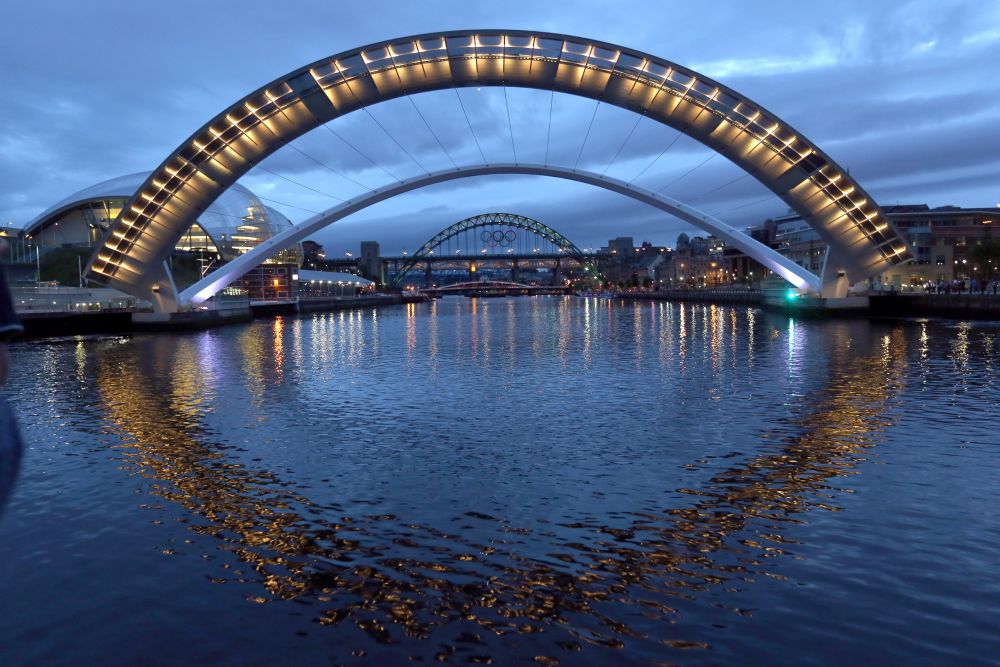

Nestled in the Northeast of England, Newcastle upon Tyne, commonly known as Newcastle, is a blend of historical splendor and modern buzz. It has consistently been a hub for bustling activity, but its rise as a tourist hotspot has its own distinctive tale.
The origins of tourism in Newcastle can be traced back to its historical roots when it was a prominent fortification under the Roman Empire, with the famous Hadrian's Wall just at its outskirts. The wall drew scholars and historians, laying the groundwork for what would become a thriving tourist scene.
As Newcastle burgeoned during the Industrial Revolution as a coal mining and shipbuilding powerhouse, it attracted workers and business professionals more than leisure tourists. However, the city's wealth led to the creation of grand buildings and cultural institutions, including the iconic Tyne Bridge and the majestic Theatre Royal, enhancing its tourism appeal.
Interest in Newcastle's industrial heritage began to attract visitors, and the early to mid-20th century saw the conservation of historical sites. Post-WWII, as the industry declined, Newcastle reinvented itself, with investments in the arts, culture, and higher education. The opening of the University of Newcastle, among other institutions, set the stage for a vibrant student population, adding a youthful energy to the city.
The 1980s and 1990s marked significant changes, with derelict industrial sites repurposed into cultural and social hubs. The establishment of the Baltic Centre for Contemporary Art and the conversion of the former flour mill into the iconic music venue, The Sage Gateshead, heralded Newcastle's new tourism era.
In recent years, Newcastle has become known for its nightlife, sports, and shopping, with St. James' Park attracting football fans and the revamped Eldon Square calling to shoppers. The regeneration of the Quayside area has further bolstered tourism, with riverside restaurants, galleries, and the annual NewcastleGateshead Quayside New Year's Eve celebration.
A more recent addition to Newcastle's tourism offerings is the increasing presence of boutique hotels and unique lodging experiences, catering to a desire for authentic and local travel experiences.
The latest trend in Newcastle tourism lies in sustainable and responsible travel. The city is enhancing its green spaces, promoting pedestrian areas, and emphasizing the importance of its cultural heritage.
With the combination of a rich history and a commitment to future growth, Newcastle upon Tyne continues to evolve and maintain its place as a dynamic destination on the UK's tourism map.